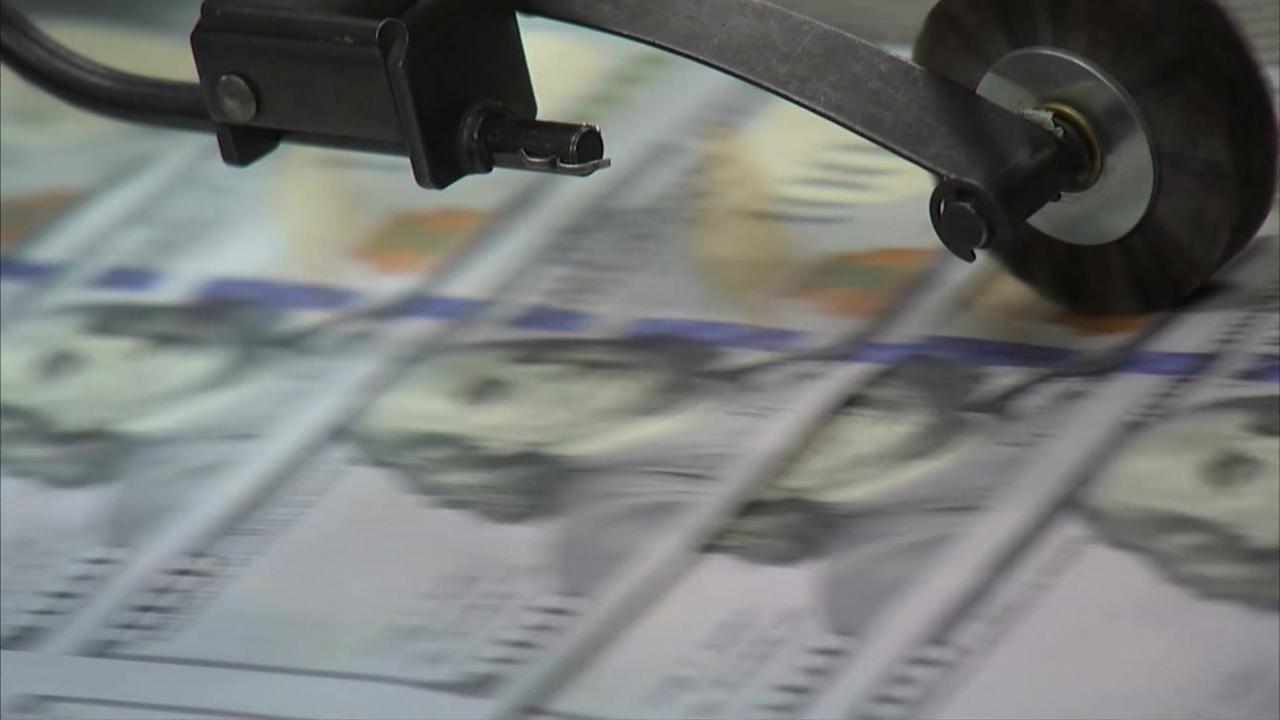
Market Minute: Inflation Under Jimmy Carter Offers Lessons for Us Now
Jimmy Carter passed away on December 29 at the age of 100. Known for building houses with Habitat for Humanity in his elder years, as President he was instrumental in peace agreements and international relations, such that he was awarded the Nobel Peace Prize in 2002.
However, domestically, he was unpopular because of inflation (leaving the Iran hostage crisis aside), which hit double-digit levels – recalling some of our own recent struggles. The U.S Department of Labor’s account of his Presidency blames the spiraling inflation on “massive cost-of-living increases stimulated by huge oil price hikes in the Middle East”, even though unemployment was low at home.
To solve this, President Carter created an economic stimulus program and increased public service jobs dramatically. He emphasized finding jobs for demographics in the U.S. that were historically underemployed, and in 1978, Congress passed the Full Employment and Balanced Growth Act, which called for government-wide planning to reduce unemployment and bring inflation to zero. Today, the Fed is targeting 2% inflation, but we understand more about its dynamics.
Also in 1978, Carter delivered a televised speech to the American public about inflation, saying it “can threaten all the economic gains we’ve made, and it can stand in the way of what we want to achieve in the future.” He said that the two “simplistic” solutions to inflation were to impose Federal wage and price controls on “our entire free economic system”, or to deliberately cause a recession.
He rejected both of these solutions, calling for policies that sound familiar in the present day – slashing Federal hiring, eliminating “needless” regulations, and bringing back more competition. However, he also advocated for no further reductions in Federal income taxes. Lastly, he also called for reducing the deficit – which, while high then, has no comparison to the eye-popping levels today.
“Reducing the deficit will require difficult and unpleasant decisions.” He said, “We must face a time of national austerity. Hard choices are necessary if we want to avoid consequences that are even worse. I intend to make those hard choices.”
Jimmy Carter’s stalwart decision-making ultimately helped bring the U.S. out of its economic dangers then – but his single term is a lesson to future Presidents that the economy will get you every time. As we navigate through the post-pandemic world, dealing with the effects of the massive stimulus that saved us back then, who will be willing to make the hard choices?
Featured clips
Charles Schwab and all third parties mentioned are separate and unaffiliated, and are not responsible for one another's policies, services or opinions.






